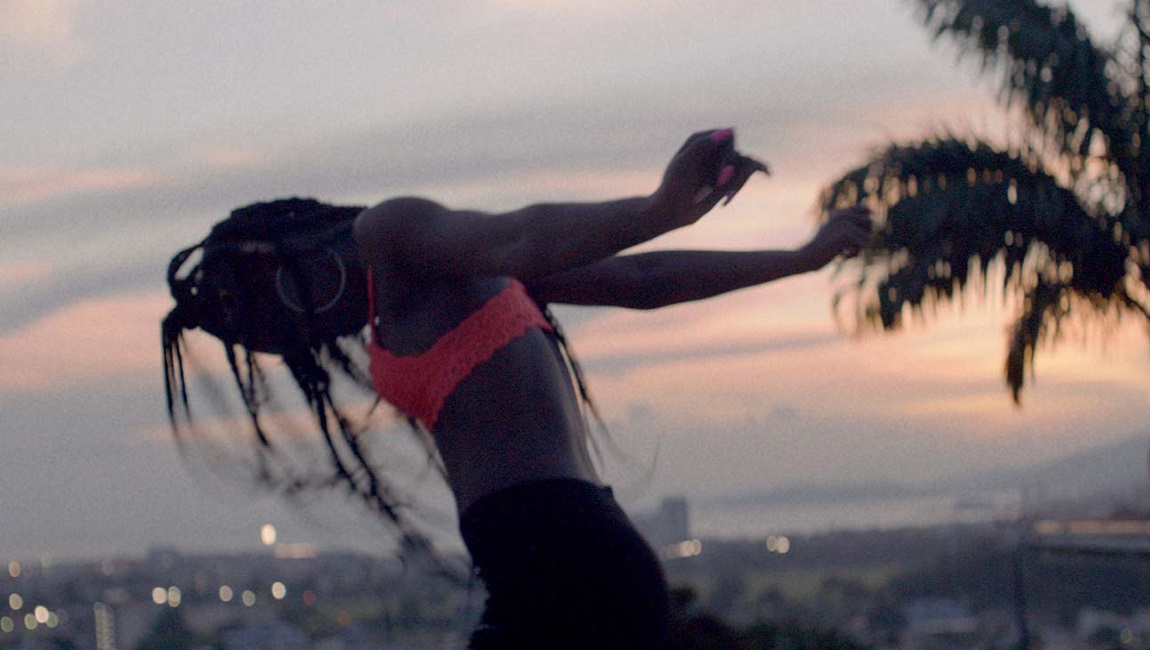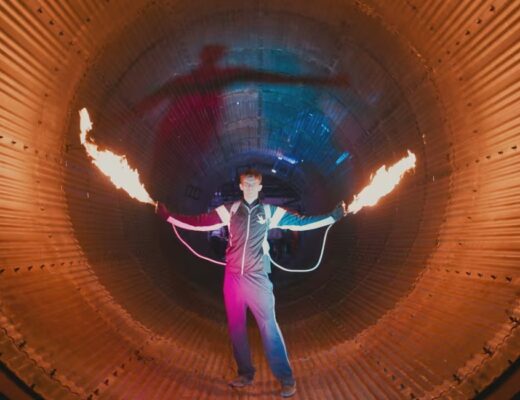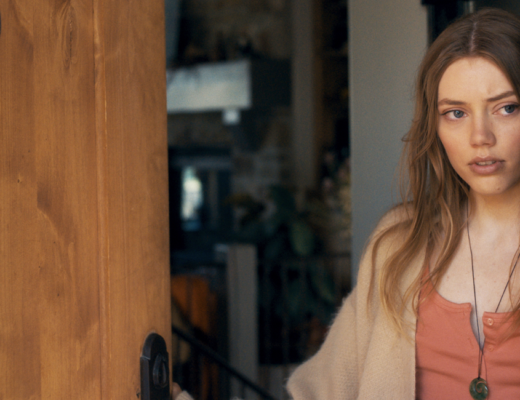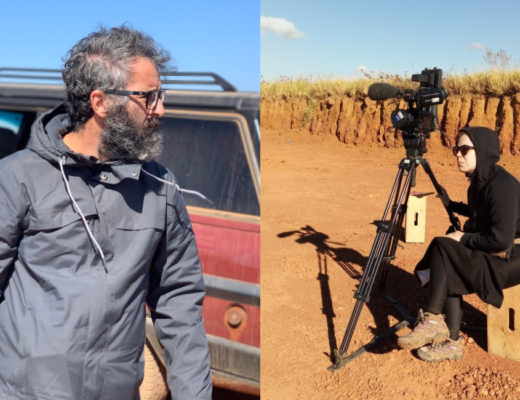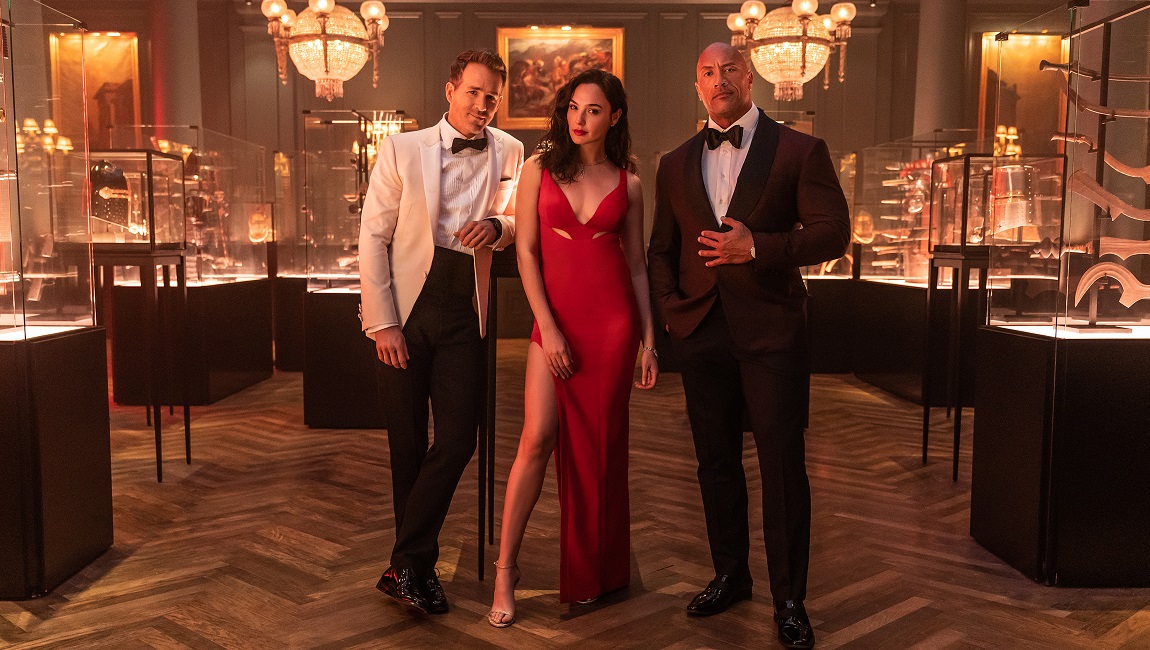She Paradise abandons the physicality at its core for an unfortunate bit of dubious messaging.
Lost in the anonymous aesthetic swarm that is digital, independent filmmaking, She Paradise, directed by Maya Cozier, oscillates between trope and something more benevolent, before abruptly undercutting its quiet subterfuge of allied perseverance for a muddled politic. The feature adaptation of a short film by the same name, we follow Sparkle as she contends with her conflicting desires for dance, material sustainability, and connection with others (both kin and newfound friendships). We are very pointedly guided through the unobstructed sightlines of a plot that shepherds her straight into the lion’s mouth: music video producers and musicians ogling her for both her beauty and the way in which she enacts agency through a physical sensuality in her choreography. And in truth, it’s the manner in which characters perceive this gesticulation — literal and figurative — where the film most consistently falters.
This eroticism of movement, as presented through dance, is given the shortest stick of all the film’s present facets, a likely sticking point for viewers (i.e. this critic) with a reverence for such a commitment to the physical. Contributing to these problems is a sound design that often dissipates into the background: there’s the stomp and clap of bodies astray within intangible and dimensionless soundscapes, monopolized by an unsynced music track. The cutting around the dancers is also frequently arrhythmic, neither in tune with dance or music, more often than not obscuring the momentum of weight placed into each motion. It’s a surprise because even the precedent short caught the tactility of this diegetic texture, the particular echo that reverberates as a foot meets the floor, as thighs slap the wood during splits. Without this fixation on the bodily evocations of this dance, what is the film supposed to anchor itself to? Character? Sparkle, unfortunately, is a stand-in for the ideas many before her have represented, and many after will emulate. And even more perplexing is the film’s final shot, where money seems to become a reconciliatory material in the wake of trauma. It’s a tough sell to find in money the semblance of empowerment, and certainly not from the violence and exploitation it stems from, as an abuser offers his victim an apology, or payment, or hush-hushing. The last frame is a smirk, but it’s still unclear where it comes from and what exactly it signifies? The semiotics around it are confused, leaving the film in a state of floundering, gasping for something to call purpose.
Published as part of Before We Vanish | November 2021.

